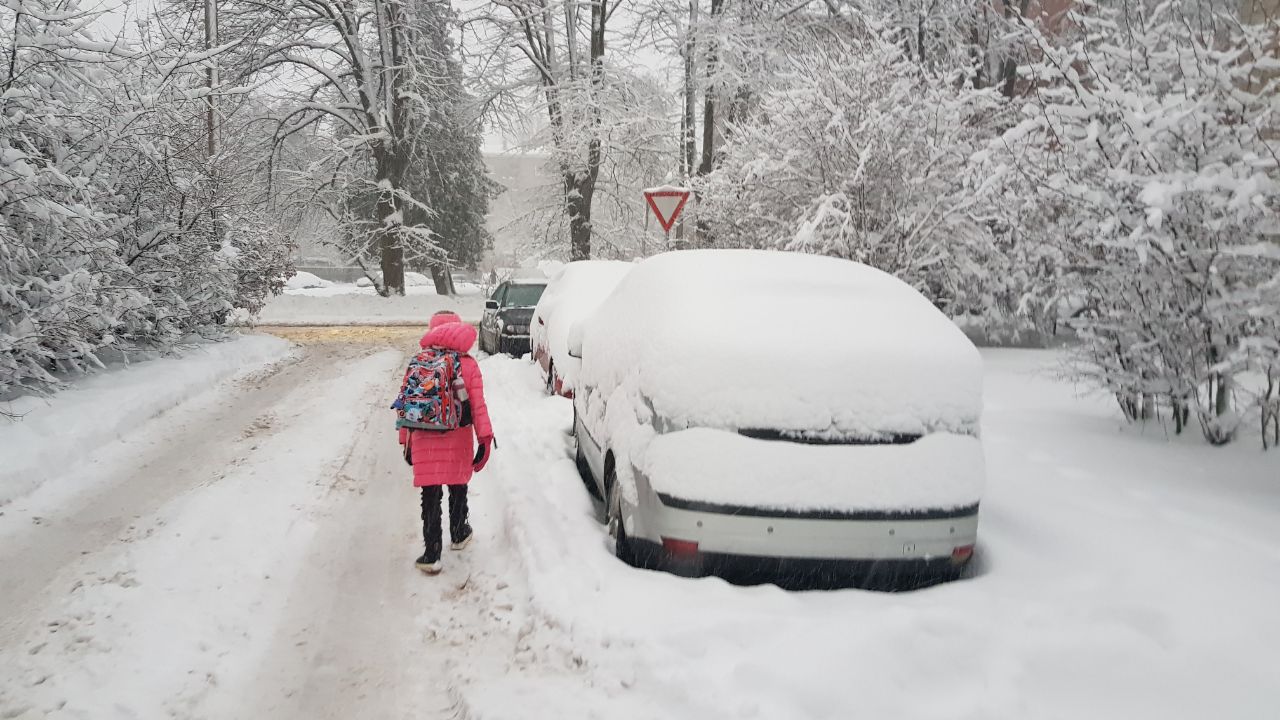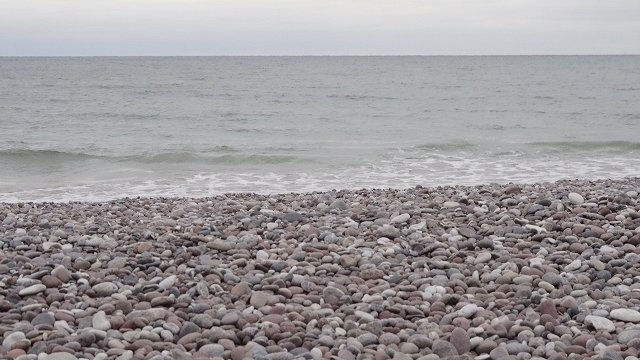In a study carried out in early December, respondents were asked whether and when they had vaccinated against Covid-19 themselves, the reasons why they had done so, and their attitude towards the vaccination of their children, which is scheduled to be started this year.
1,039 respondents aged 18 to 75 participated, of which 252 had at least one child aged 5 to 11.
"Parents who themselves vaccinated in the spring or early summer demonstrate the most positive attitude towards child vaccination. It is also observed with those who, as the main reason for their vaccination, expressed their desire to protect themselves and their family from illness or to help fight the pandemic,” the head of SKDS Arnis Kaktiņš commented.
Of those parents who had vaccinated in May or June, 62% had a positive attitude toward child vaccination (responses "definitely yes" and "rather yes"). 28% had negative attitude ("rather not" and "certainly not"), another 15% said they couldn't decide.
Among those who vaccinated in the autumn, attitudes are diametrically opposed: 51% of respondents in this group were opposed, but positive views were expressed by 13%, and another 26% had no answer.
Polarized views aren't unexpected, Arnis Kaktiņš believes. According to him, rather, attention should be paid to the large number of respondents who are in a cautious position or who have not been able to respond at all.
The highest readiness to vaccinate children is demonstrated by respondents who have indicated that they vaccinated in order to “help break this pandemic” or “protect themselves and their relatives from getting sick”. In these groups, a total of 66% and 62% of respondents had a positive attitude toward child vaccination. Among those who said the main reason had been the government's “pressure”, the attitude was negative in 77% cases.
“We can assume that people associate vaccination with a certain risk. They must have been prepared to risk themselves, but they are not prepared to put their children at risk. This very cautious attitude appears both among vaccination enthusiasts and among those who want to protect themselves and family members. It is not excluded that people are thinking: if the older family members, especially grandfathers and grandmothers, are already protected, then child vaccination will not provide additional protection, because the children themselves get away easily in the absolute majority of cases,” commented Kaktiņš.
"If the government is serious about directing child vaccination, it will have to find very compelling arguments that will be clear and understandable to the audience,” said Kaktiņš.





























